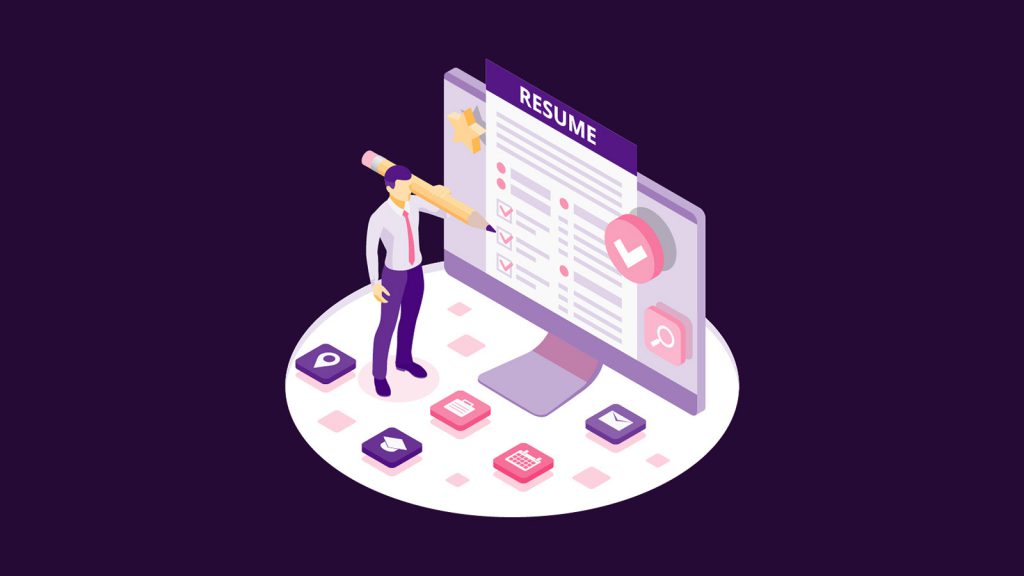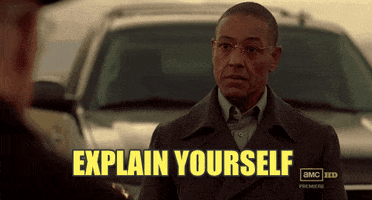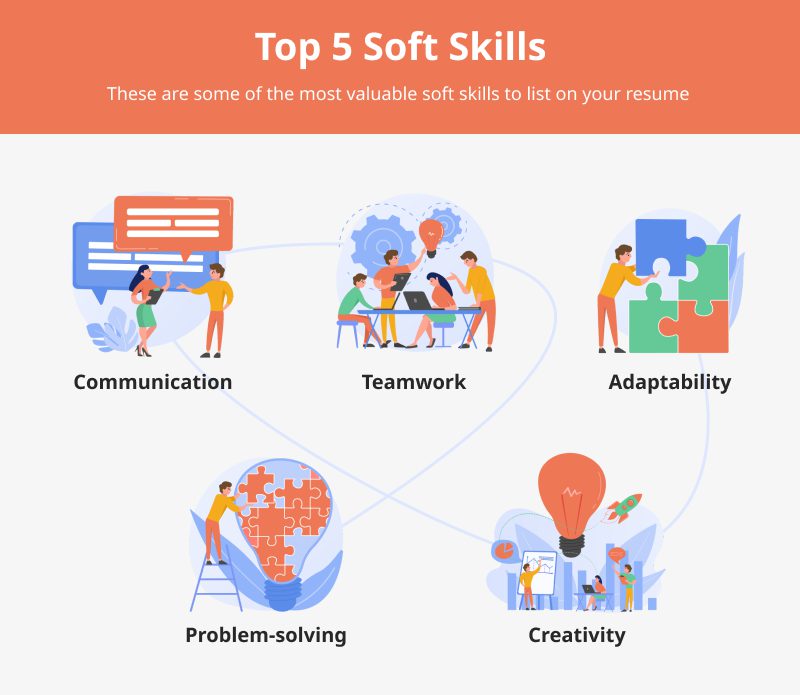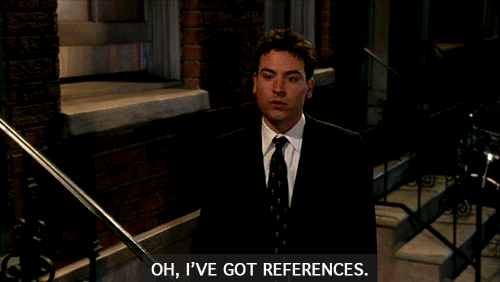Every industry has its own set of skill set requirements and work experience. When that’s the case, when you’re applying for a different industry, your resume should match the required fields as well. When it comes to the scientific industry, the focus is usually upon your research experiences, skill set, fellowships and awards received. In this article, we discuss about how and what to present in your resume when you’re applying in the science industry.
Format Outline
Every kind of resume has a format of its own. Along with the content, the order of the heading to be mentioned also changes. That is because priority of each industry changes too. In this section, you’ll read about what you should include in your resume, and the order in they should be mentioned in.
You→ Good Resume →Job
Contact information
Like in every kind of resume, you start off with your contact details. State your full legal name, followed by your latest completed qualification beside it. If you are pursuing any qualification, at present, mention it in brackets e.g., Name (Ph.D.). In the next line, if you are in some position, include it (like Associate professor, jr. scientist). After that, in the following lines, mention the mailing address of the present institution you are affiliated to. At last, include your contact number as well as your email address. If you have an institutional email address, include the same. Also, if you have any ORCID, Google Scholar, or LinkedIn profiles, include their links as well.

A Short Summary about yourself
This is particularly modified for each job or position you apply for. Write about three to four lines about your scientific career and goals. You could also state your goals as objectives. Make sure they effectively state your capabilities and achievements. These few lines are the ones that tend to draw the attention of recruiters and make them decide whether to proceed reading with your resume or not.
Work experience
Write about any internships you’ve done related to your subject, research projects you’ve completed, or any positions like research assistant that you’ve held. Mention a few, brief points about the achievements in the positions – developed a scientific method, made a significant discovery, received a grant etc. Remember they should be mentioned in reverse chronological order.

Skill set
This is an important section that talks about specifically laboratories techniques you’ve mastered. Mention techniques that you are confident enough to do on your own. Also, try to see if these skills tally with the ones the organization requires for the position. If you don’t have the exact skills, try mentioning the most relevant to those.
Educational qualifications
State your educational qualifications in reverse chronological order. Mention the name of the qualification, year started and completed, the institution you did it in, and the percentage, GPA or grade obtained.

Any Other Relevant Positions
Work experience that is not directly relevant to the position can be mentioned in this section. For example, any teaching experience or position as a scientific editor.
References
Let the references who you’ve mentioned in your CV know that they may contacted. Make sure to keep in touch with them at least a few times a year.

Publications
In industrial CVs, publications do not give much weightage. You could attach the list of your publications as a separate document, if requested.
Is Your Resume Not Getting Shortlisted?
Some tips to remember
Keep your resume short and crisp. Don’t let it be more than one or two pages. Job recruiters won’t be interested in reading pages together.
In continuation of the first point, keep your points as relevant as possible to the position you’re applying for. This way, the length of your resume automatically stays within two pages.

- While applying for a job, remember to tailor your resume accordingly. Nowadays, lots of companies are using something called Application Tracking Systems. These are software that scan for keywords like specific skills or terms. Only if they are found, they are passed on to recruiters to be manually read through. So remember to include industry specific keywords as much as possible in your CV. The goal is to make your CV seem as relevant and fit to the position you’re applying for.
- Use standard fonts like Calibri, Arial, or Times New Roman.
- Don’t use colorful backgrounds or flashy colors. If needed, use a professional template.
Your resume is the first thing that determines whether you would be hired for a position or not. Take time to make your best resume. Those two pages represent you, and always remember to represent yourself as the best version of yourself!







